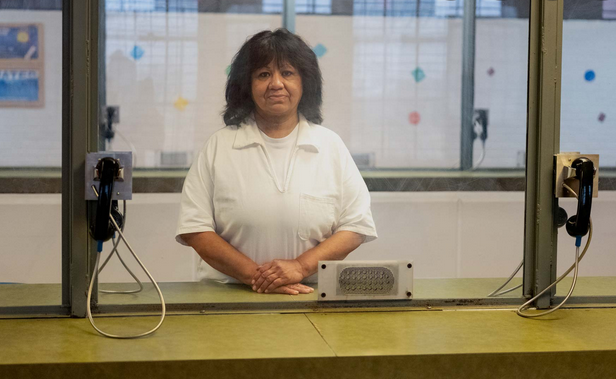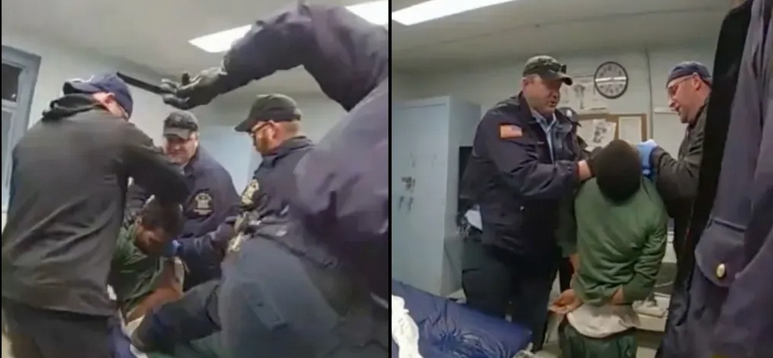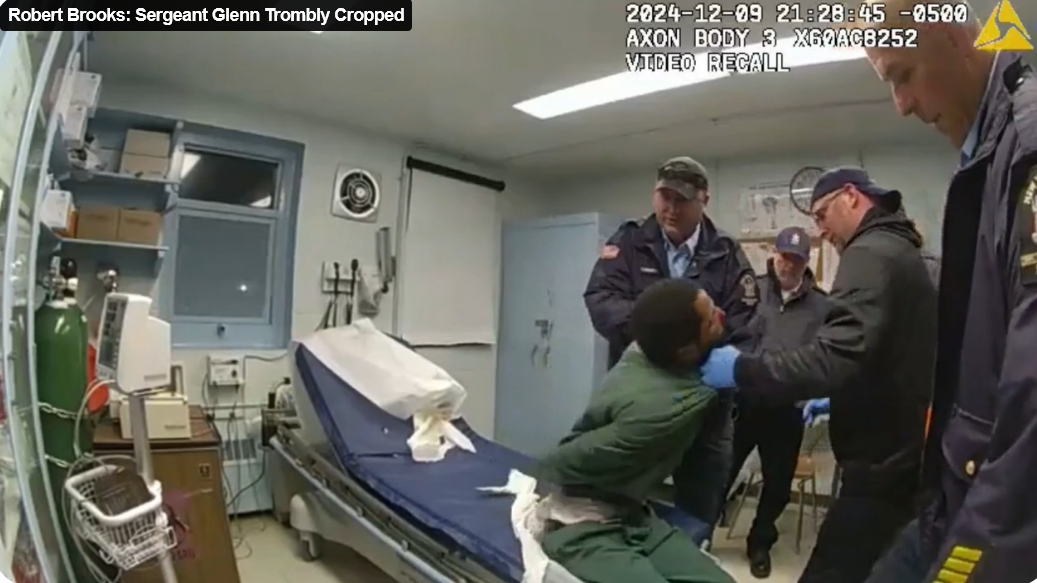Photos: Innocence Project\Lucio Team
Texas is planning to execute (murder) Melissa Lucio on April 27 for allegedly killing her 2-year-old daughter in what the Innocence Project has called an accident. In the following commentary, PeaceVoice writer Dr. Laura Finley discusses the case.
The death penalty is an antiquated and barbaric method of punishment in any case, regardless of whether the offender is clearly guilty. But in cases in which there is any doubt, the state’s urge to kill is particularly grotesque. Yet the state of Texas is poised to execute a woman who in all likelihood did not commit the crime for which she was sentenced unless radical action is taken before April 27, the day Melissa Lucio is scheduled to die.

Melissa Lucio with her children.
Lucio was convicted of murder in 2008 after the death of her 2-year-old daughter Mariah in 2007. Mariah died two days after sustaining injuries from a fall down the stairs while the family, which included 11 other children, was preparing to move homes. Lucio was taken into custody and was clearly in shock. Instead of investigating the tragic accident, authorities approached their conversation with Lucio as if she was obviously guilty. Mariah actually struggled with a physical disability that made her prone to tripping, which she had done before and never sustained major injuries. As such, the incident was a tragic accident, not a murder.
Lucio was interrogated for hours and more than 80 times said she did not harm Mariah before being coerced to “confess” just hours after she learned that her daughter died. Experts that have reviewed the case say that Lucio was “was relentlessly pressured and extensively manipulated” to say, “I guess I did it” at 3 a.m. Data also shows that survivor of sexual violence and abuse, which Lucio is, are more likely to falsely confess during traumatic and stressful interrogations, yet authorities persisted. Lucio has maintained her innocence for 14 years. Further, false confessions are among the top reasons for death row exonerations, and among women who are wrongly accused of crimes, it is almost always an incident involving alleged child abuse.

The confession was the only evidence against Lucio. There were thousands of pages of reports from Child Protective Services that showed no incidents of violence involving Mariah or any of Lucio’s children. Nor did the state provide any witnesses that indicated violence or abuse in the home.
The court actually prohibited the jury from hearing about Lucio’s history of being abused, including as a teen, by her first husband and by her next partner, Mariah’s father. Instead, it only allowed the coerced confession and statements by the Texas Ranger who coerced it, who testified that she seemed “distant” during the interrogation.
Rather than a case of capital murder, this tragic accident was made into a political ploy by a prosecutor seeking to be re-elected on a “tough on crime” stance. Cameron County District Attorney Armando Villalobos had been accused of not thoroughly investigating or prosecuting more than 100 cases of child abuse, and so used the very weak case against Lucio to revamp his reputation. He has subsequently been convicted of bribery and extortion and is serving a 13-year sentence in a federal prison.
Lucio presently has 14 children, having given birth to twins while in jail. They were immediately put into the foster system and her other children were split up, with some going to relatives and others in the custody of the state. Several judges and authorities in the state child welfare system have said that Lucio’s trial was unfair, and that the disruption of this family is a tragedy.
An array of groups and organizations have called on Texas to afford Lucio clemency. This includes faith groups, anti-domestic violence organizations, and anti-death penalty organizations. More than 100,000 people have signed a petition by the Innocence Project to save Lucio’s life. Persons interested in preventing the state of Texas from executing an innocent woman can take a number of actions by going to the website of the Innocence Project.

Laura Finley, Ph.D., syndicated by PeaceVoice, teaches in the Barry University Department of Sociology & Criminology and is the author of several academic texts in her discipline.








